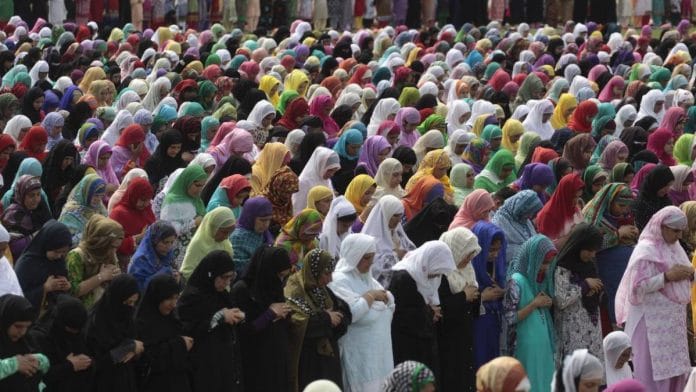The Supreme Court order that allowed Muslim women to seek alimony from their husbands is a significant move. It promises financial stability to women and upholds their rights.
This decision is not only a milestone for Muslim women but also significant for Indian society as a whole, reaffirming the importance of secular laws.
This will surely bring greater awareness among the Muslim community. In recent years, Muslim women have intensified their struggle against oppression. From protest against triple talaq, to hijab. The women were also at the front during protests in Shaheen Bagh. There is no doubt that this Supreme Court decision represents their movements and struggles. The judgment will provide them with more courage to fight for themselves.
A bench comprising Justice BV Nagarathna and Justice Augustine George Masih ruled that divorced Muslim women can file a petition under Section 125 of the Criminal Procedure Code (CrPC) as well as the Muslim Women (Protection on Divorce Act) 1986 to demand maintenance from their husbands.
By stating that Section 125 of the CrPC applies to all married women irrespective of their religion, the court has prioritised constitutional rights.
By upholding the rights of divorced Muslim women, this decision may portray the Muslim community as respecting and valuing women’s rights.
But the judgment alone can’t provide all the support to Muslim women. It is also necessary to solidify and ensure several other safeguards.
For instance, Muslim women shouldn’t be harassed for merely demanding what is rightfully theirs. Additionally, it must be ensured that while receiving alimony, Muslim women do not have to face exploitation from their families or ex-husbands. So, justice will also hinge on the enforcement.
It is also necessary to eliminate the stigma faced by divorced women in a patriarchal society. Even though married women have achieved much-need financial security due to alimony, it has also subjected them to harsh judgement—they are accused of taking advantage of their ex-spouses and even called gold-diggers.
Also read: Indian Muslim women need UCC. It challenges power of self-appointed judicial bodies
Women’s labour
The Supreme Court’s verdict has bolstered the feminist movement in India by strengthening the principles of equal application of law and gender equality.
“Some husbands are unaware that their homemaker wives depend on them emotionally and in other aspects. It’s time for Indian men to recognize the role and sacrifices of homemakers,” the court noted.
The bench has also acknowledged the labour of women from all religions, castes, and communities.
From cooking, and cleaning to caring for children and elderly family members, women are expected to do so many unpaid tasks in the carapace of homes. Often they don’t have time nor the freedom to go out and take up paid jobs. Women’s work sustains families, supports economies, and frequently fills gaps in social services. Yet, it is not considered “work” in conventional terms.
By giving women the right to demand alimony, the top court has acknowledged their labour.
In modern families, achieving true equality between men and women requires both to be seen as equals by the law and society.
It was Shah Bano who initiated this fight to secure the constitutional rights of Muslim women in 1985. The Supreme Court had ordered her husband to give her monthly maintenance after divorce.
The recent judgment vindicates Shah Bano’s struggles and carries forward her legacy.
Views are personal.






